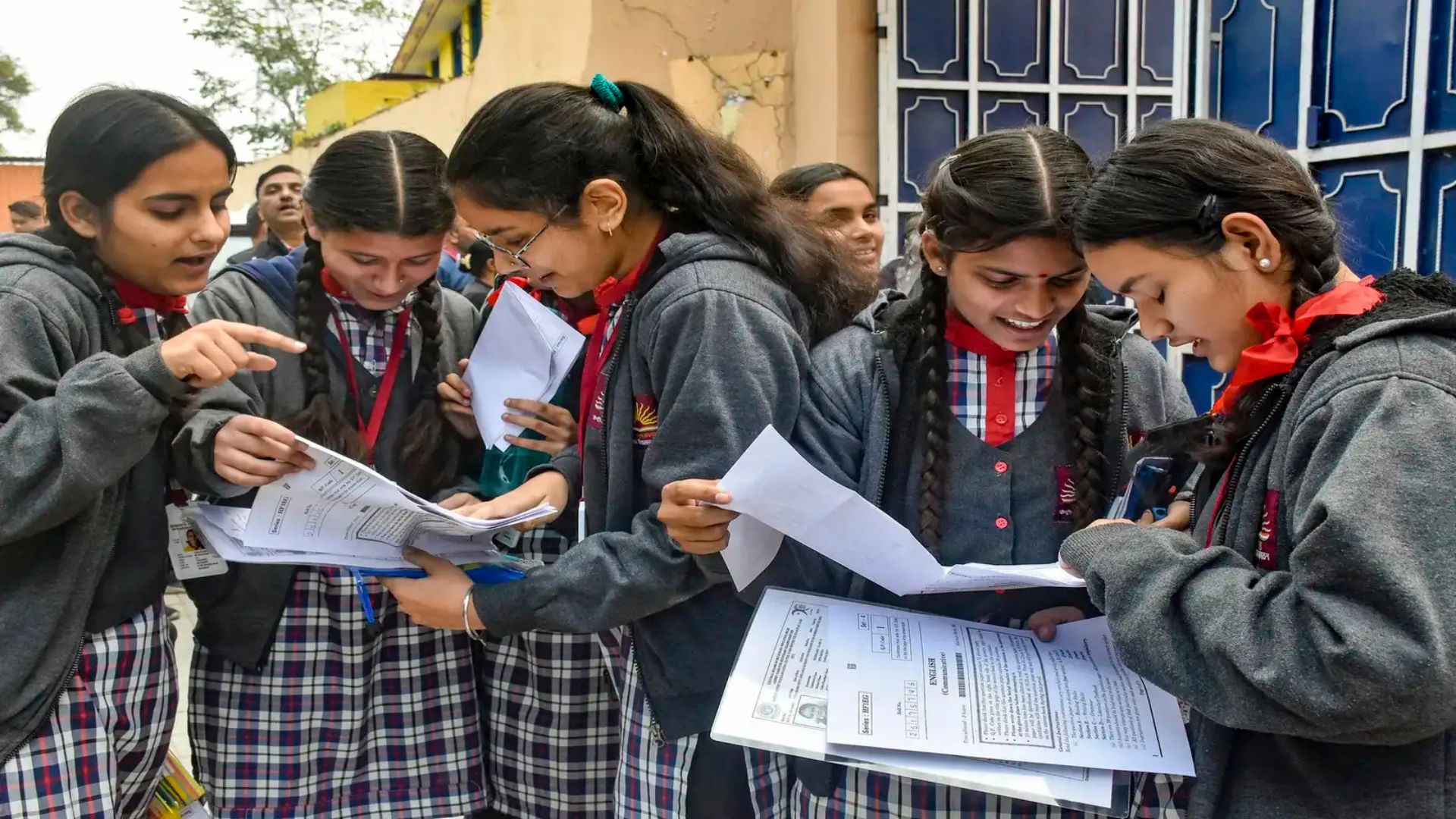- Advertisement -
Introduction to the Central Board of Secondary Education
The Central Board of Secondary Education, commonly known as CBSE, is one of the most prominent educational boards in India. It operates under the Ministry of Education, Government of India, and is responsible for overseeing both public and private schools affiliated with it across the country.
Known for its structured curriculum and consistent academic standards, CBSE plays a crucial role in shaping the educational journey of millions of students every year.
Objectives and Role in Indian Education
The main objective of CBSE is to provide a robust, holistic, and student-centric education system. The board strives to create an environment that nurtures academic excellence, critical thinking, and ethical values among students.
Its curriculum is designed to promote balanced development and prepare students for higher education as well as various competitive examinations. CBSE also regularly updates its syllabus to align with modern educational trends and national goals.
Curriculum and Examination System
CBSE follows a uniform curriculum across all its affiliated schools, with a strong emphasis on science, mathematics, and languages. The board offers education from primary levels up to Class 12 and conducts two major examinations: the All India Secondary School Examination (AISSE) for Class 10 and the All India Senior School Certificate Examination (AISSCE) for Class 12.
These examinations are known for their structured format, transparency, and nationwide recognition. The board uses a Continuous and Comprehensive Evaluation (CCE) system at certain levels to assess both academic and co-curricular performance.
Affiliated Schools and Global Reach
CBSE has a vast network of over 27,000 affiliated schools not only in India but also in other countries. This global presence makes it one of the few Indian education boards with an international reach. The standardized curriculum and evaluation system make it easier for students to transition between schools or continue their education abroad without academic disruption.
Innovation and Digital Initiatives
In recent years, CBSE has embraced digital education by introducing online learning resources, virtual classrooms, and digital assessments. Initiatives like the launch of the Diksha platform and the introduction of artificial intelligence and coding in school curricula reflect the board’s commitment to innovation. These steps aim to equip students with 21st-century skills and prepare them for the evolving demands of the modern world.
Teacher Training and Academic Support
CBSE places strong emphasis on the professional development of teachers. It regularly conducts training programs, workshops, and webinars to enhance teaching skills and subject knowledge. The board also provides academic support through model question papers, sample assessments, and curriculum guidelines, ensuring uniformity in educational delivery across its schools.
- Advertisement -





